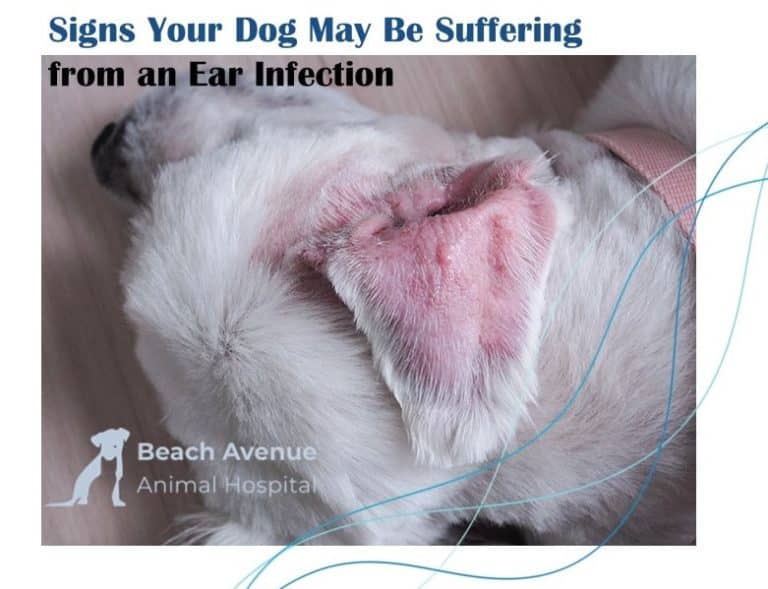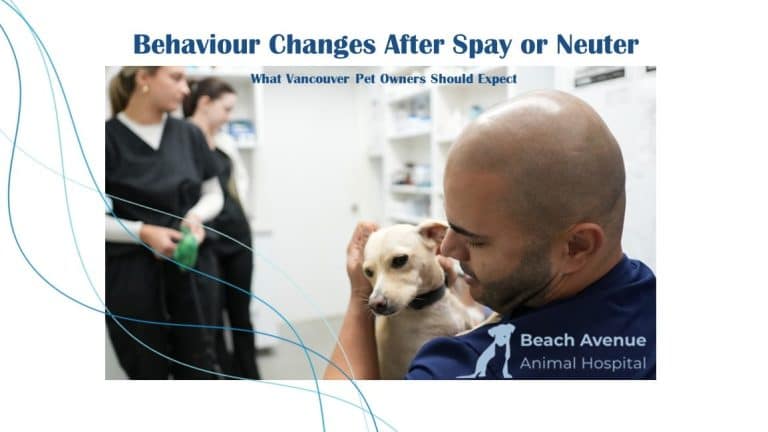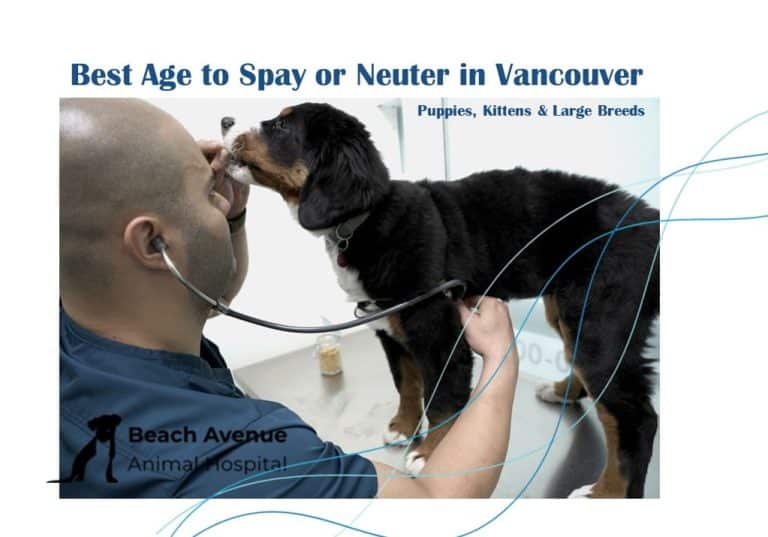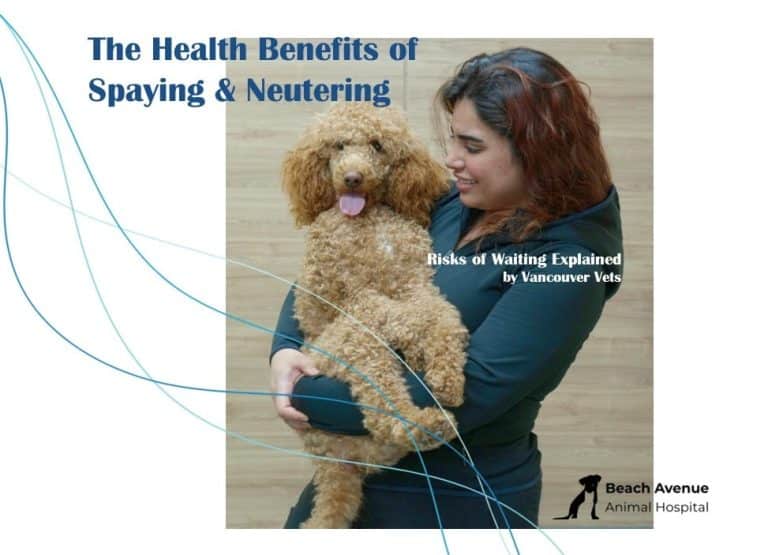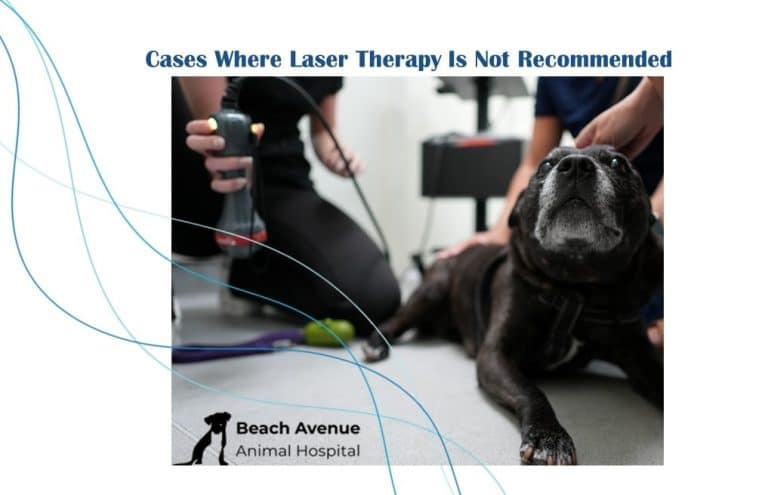Keeping your dog healthy and safe is a top priority for any pet owner, and pet vaccinations play a vital role in protecting them from serious diseases. But how often do dogs need shots? Let’s break it down in a way that’s easy to follow, so you can keep your furry friend up-to-date and thriving.
Core Vaccination Schedule for Dogs
Core vaccines are essential for all dogs, no matter their lifestyle. These shots protect against highly contagious and dangerous diseases.
Rabies
- Initial vaccination: When your puppy is 12–16 weeks old.
- Booster: 1 year after the initial shot, then every 1–3 years, depending on state laws and the type of vaccine.
DAPP (Distemper, Adenovirus, Parvovirus, Parainfluenza)
- Puppies: Begin at 6–8 weeks old, with boosters every 3–4 weeks until they’re 16 weeks old.
- Adult dogs: A booster is required 1 year after the puppy series, then every 1–3 years as recommended by your vet.
These core vaccines are non-negotiable and critical for your dog’s overall health and public safety.
Non-Core Vaccinations Based on Lifestyle
Some vaccines are considered non-core, meaning they’re recommended based on your dog’s environment, lifestyle, and exposure risks. These vaccines offer additional protection against specific threats your dog may encounter.
Leptospirosis
- What it protects against: A bacterial infection that can affect the kidneys and liver, and can also be transmitted to humans.
- Who needs it: Dogs exposed to wildlife, standing water, or areas where leptospirosis is common.
- Schedule: Annually, or as recommended by your vet.
Bordetella (Kennel Cough)
- What it protects against: A highly contagious respiratory illness that causes coughing and discomfort.
- Who needs it: Dogs who frequent boarding facilities, grooming salons, dog parks, or other social environments.
- Schedule: Annually, or every 6 months for high-risk dogs.
Lyme Disease
- What it protects against: A tick-borne disease that can cause joint pain, fever, and kidney issues.
- Who needs it: Dogs living in or visiting areas with a high prevalence of ticks.
- Schedule: Annually, starting at 12 weeks of age or as determined by your vet.
Importance of Non-Core Vaccines
Non-core vaccines provide targeted protection and are especially valuable for dogs with specific lifestyle risks. Your veterinarian can help evaluate your dog’s activities and environment to create a customized vaccine plan. For example, a dog that regularly hikes in tick-heavy woods will benefit greatly from the Lyme vaccine, while a city-dwelling dog may need additional Bordetella protection due to frequent grooming visits.
Considerations by Age and Health
Vaccination needs change as your dog grows older. Here’s a general guideline:
Puppies
- Frequent vaccinations during the first few months to build immunity against core diseases.
- DAPP shots are given in a series, ensuring full protection by 16 weeks.
Adult Dogs
- Annual boosters or as advised by your vet based on lifestyle and exposure.
Senior Dogs
- Adjustments may be needed depending on their health. A vet’s assessment is crucial to avoid unnecessary shots.
Importance of Regular Vet Visits
Even if your dog isn’t due for a vaccine, annual check-ups are a must. These visits allow your veterinarian to:
- Tailor a vaccination schedule to your dog’s needs.
- Monitor overall health and detect potential issues early.
- Offer preventative measures beyond vaccines, like parasite control and dietary advice.
Summary Table of Vaccination Schedules
| Vaccine | Initial Schedule | Booster Schedule |
|---|---|---|
| Rabies | 12–16 weeks | 1 year after initial shot, then every 1–3 years |
| DAPP | 6–8 weeks, every 3–4 weeks until 16 weeks | 1 year after series, then every 1–3 years |
| Leptospirosis | 12 weeks or as advised by vet | 4 weeks later |
| Bordetella | 8 weeks or prior to exposure | Annually or every 6 months for high-risk dogs |
| Lyme Disease | 12 weeks or as advised by vet | 4 weeks later |
This table provides a concise summary of when your dog needs initial vaccinations and boosters for both core and non-core vaccines. Refer to it for quick guidance, and always consult your vet for specific recommendations.
Frequently Asked Questions
What shots does my dog need annually? Core vaccines like rabies (depending on state laws) and DAPP boosters are typically required annually or triennially. Non-core vaccines depend on your dog’s lifestyle.
Do indoor dogs need vaccines? Yes! Even indoor dogs are at risk of exposure to diseases like rabies or leptospirosis through accidental contact with wildlife or contaminated environments.
What happens if my dog misses a vaccine? Contact your veterinarian as soon as possible. They can recommend a catch-up schedule to ensure your pet is fully protected.
Are there side effects from vaccines? Side effects are rare but can include mild swelling, lethargy, or discomfort at the injection site. Severe reactions are extremely uncommon and should be addressed immediately.
How much do dog vaccinations cost? Costs vary by location, vaccine type, and veterinary clinic. Many clinics offer affordable packages for core and non-core vaccines.
Let Us Help Protect Your Dog’s Health
At Beach Avenue Animal Hospital, we’re here to ensure your pet stays happy and healthy. Our experienced veterinarians can create a personalized vaccination plan tailored to your dog’s needs. Schedule your visit today and give your furry friend the care they deserve!
Contact Us Now or call +17787600000 to book an appointment.



